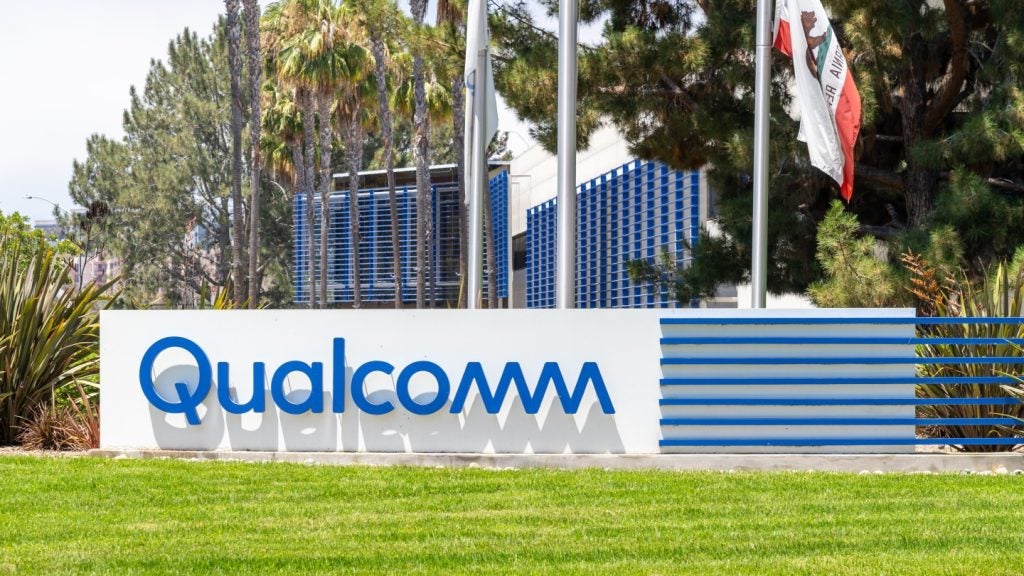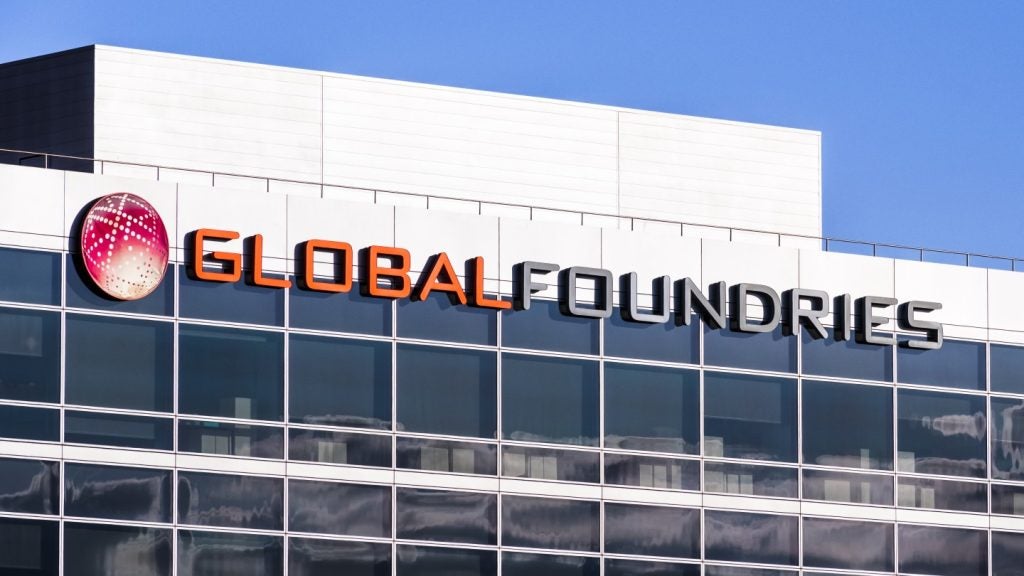Outside of the obvious irritations that flight delays brings to consumers, time wastage has a suitcase full of costs that travel beyond customer dissatisfaction.
Takeoff delays and inefficient management affect wider aviation logistics, leading to connecting issues around environmental impact and staff wellbeing, among other factors.
Fortunately, there are evolving technologies that can help guide the joystick towards a solution. AI and machine learning are increasingly used in ground and in-air operations for fleet optimisation, aircraft management, and ground operations support, among others. These technologies will become more and more important and relevant to the aviation industry as it seeks to optimize its operations and commercial offerings.
Wanting to get away and fly away
From the perspective of the aircraft operator, delays are also costly, both from a reputational standpoint and logistically. In 2022, EUROCONTROL, a pan-European, civil-military organisation dedicated to supporting European aviation, estimated that the average cost per minute was €100 (around $110) for the time allocated by the network operator for an aircraft to take off and its actual take-off time. Once airborne, these delays can more than double in cost.
In addition, the environmental costs of delays are becoming progressively more significant for airlines. Delays compel the need for extra gates and ground staff and bring knock-on costs to airline customers in the form of lost productivity, as well as logistical costs of wasted fuel and energy. As scrutiny surrounding airline companies’ ESG commitments grows, the reputational cost of not performing preventative actions to ensure the sustainability of airline operations will increase.
As organisations in the aviation industry seek to commercially differentiate to better appeal to consumers, factors like frequency of delays and practices related to environmental impact will become more important. Greenwashing is already a significant regulatory concern in business-to-consumer communication.
In all aspects of aviation operations, from assembly to repair and maintenance, AI software can analyse data from onboard sensors to predict and pre-emptively discover maintenance needs before they arise. Reducing pilot and staff workload is a significant benefit of delay reductions.
Some aspects of delays in aviation are inevitable
To prevent issues that lead to delays, complex modelling technologies like digital twins are used in product simulation, reducing the need for time-consuming physical tests. Supported by AI, the cost of using digital twins will also decline in the years to come.
As a wider audience within the aviation industry engages with both AI and complex simulation technologies, the efficiency benefits they provide will become more widespread. While some aspects of delays in aviation are inevitable—like late passengers, missing staff, or security issues—airlines have measures that can diminish the effects of delays. These can benefit both the aviation companies and their customers alike.
Whether technology can mitigate against the delays that have become a staple of the aviation industry remains to be seen. Supported by increasingly widespread and affordable technologies, the holistic integration of waste management strategies that help route out time wastage will hopefully make delays an increasingly small speck on the horizon.








